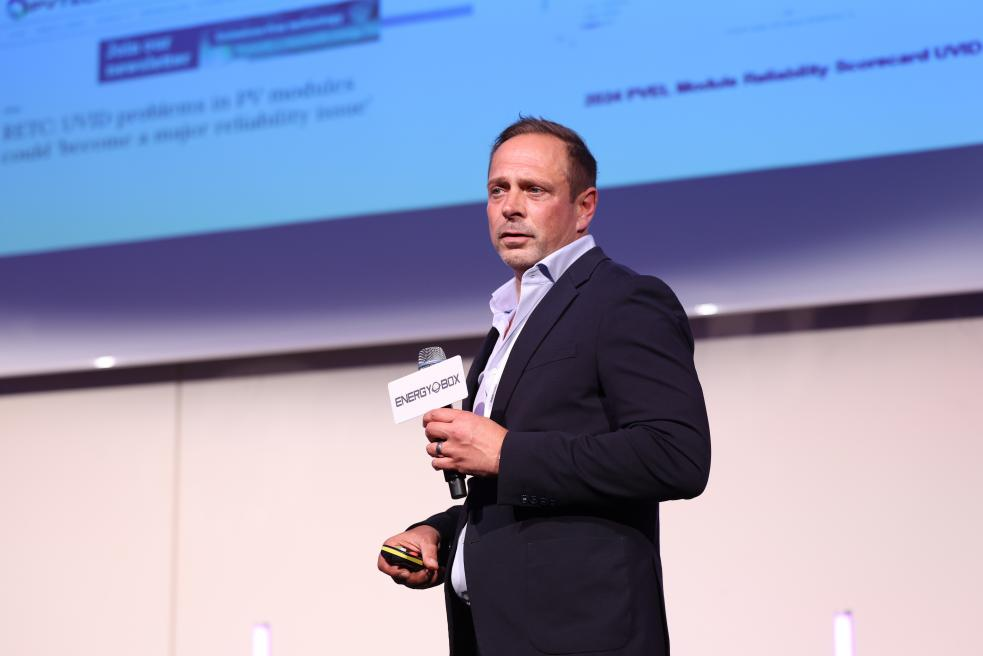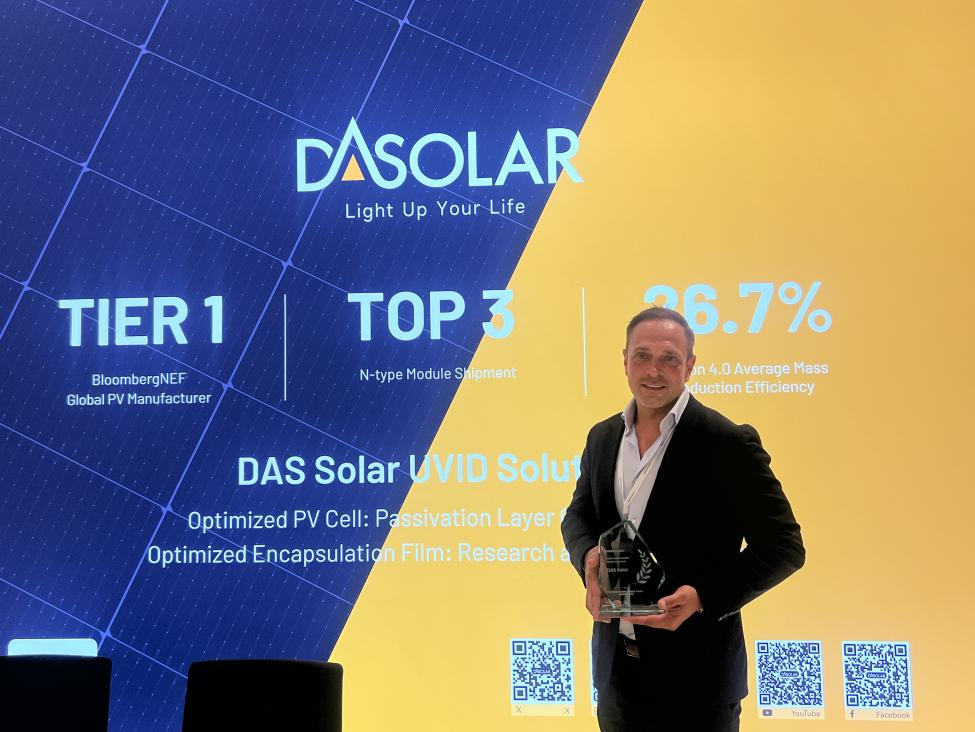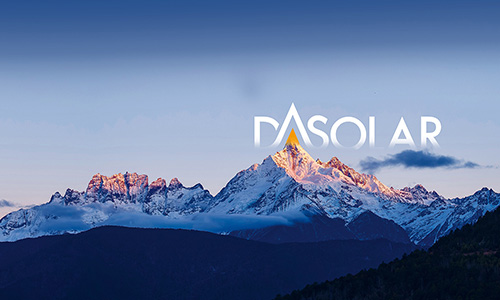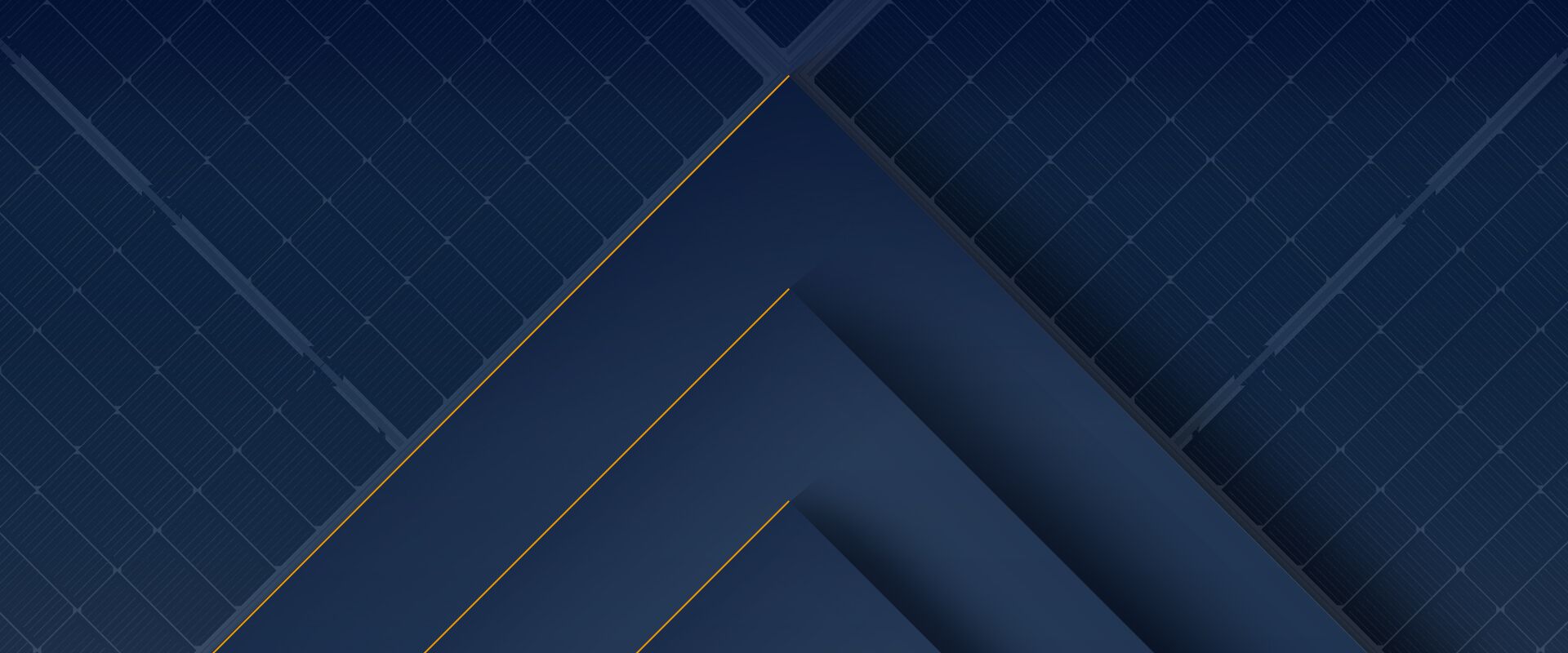DAS Solar Unveils UVID Solution at Solar Energy Storage Future Germany 2025
2025-05-07
Munich, May 7, 2025 - DAS Solar, a leader in N-type PV technology, released its cutting-edge solution to one of the most pressing technical concerns facing the PV industry today—Ultraviolet-Induced Degradation (UVID). Timo Heinrich, Business Development Director, delivered a presentation at the Solar Energy Storage Future Germany event held by Energy Box, and outlined the pioneering approach to enhance long-term reliability of N-type TOPCon modules.

As the PV industry increasingly shifts toward high-efficiency N-type technologies, concerns around UVID have gained significant attention. UVID refers to the loss of module performance caused by exposure to high-energy ultraviolet light, which leads to the increase of surface recombination and reduced electrical output. This phenomenon has become a focal point for manufacturers and researchers seeking improved system durability and lower LCOE.
To address this challenge head-on, DAS Solar has introduced a comprehensive UVID solution, targeting both the cell and module levels. At the cell level, the company has enhanced the design of its passivation layers by optimizing the refractive index of SiNx and increasing the thickness of AlOx. At the module level, DAS Solar collaborated with leading material suppliers to co-develop light-conversion or UV partly cut encapsulation films. UV conversion film could effectively convert UV rays into blue light, thereby shielding solar cell from UV stress.
Independent third-party institutions have validated the UVID performance of DAS Solar. DAS Solar's modules have passed stringent UVID testing by TÜV Rheinland under the 2 PfG 2944/07.23 standard based on IEC protocol. This standard comprehensively evaluates UVID performance by considering both the front and rear sides of the module. Under standard test conditions (STC), the power degradation is below 1%, underscoring the superior reliability and durability of DAS Solar's solution in the face of UV-related challenges.

Heinrich emphasized the metastable behavior of TOPCon cells, where initial degradation is followed by power recovery in natural light environments through a self-repair mechanism called Photo-Induced Re-Passivation (PIRP). This recovery capability, coupled with DAS Solar's material innovations, ensures modules remain resilient across their lifetime, even in challenging UV-intense environments.

During the event, DAS Solar was recognized with the Smart Sustainability Solutions Award, further underscoring its outstanding contributions to sustainable development through forward-thinking technologies and business practices. Backed by strong R&D capabilities, the company continues to push the boundaries of solar reliability and performance. By integrating forward-thinking R&D with robust testing protocols and material science, DAS Solar is not only addressing today's challenges but also building toward a more sustainable, net-zero future.







 浙公网安备33080302000236
浙公网安备33080302000236